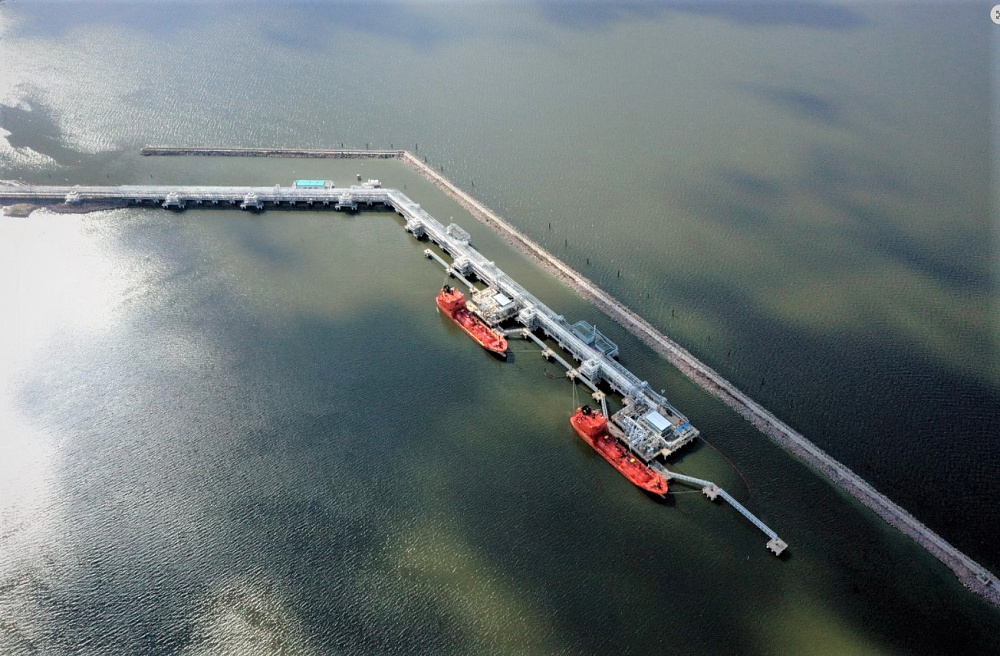
In January 2022, the port of Ust-Luga handled 9,431,200 tonnes of cargo, which is flat, year-on-year, says Baltic Sea Ports Administration.
In the reporting period, handling of dry bulk cargo fell by 13% to 3,743,300 tonnes including 2,587,000 tonnes of coal and coke (-28%, year-on-year).
Handling of liquid bulk cargo rose by 9% to 5,416,200 tonnes including 2,402,700 tonnes of crude oil (+26%) and 2,909,200 tonnes of oil products (-2%).
Handling of general cargo rose to 128,100 tonnes.
Handling of cargoes carried by ferries totaled 81,600 tonnes (+18%).
The port’s container throughput fell by 5%, year-on-year, to 2,671 TEUs.
In 2021, the port of Ust-Luga handled 109,377,200 tonnes of cargo (+7%, year-on-year).
Ust-Luga port is situated practically at the border of the Russian Federation and the European Union. The deep water area of the port (17.5 m) together with the approach channel (3.7 km) make Ust-Luga port the only Russian port on the Baltic Sea capable of admitting dry-cargo vessels with the deadweight of up to 75,000 tonnes and liquid cargo carriers with the deadweight of up to 160,000 tonnes.



